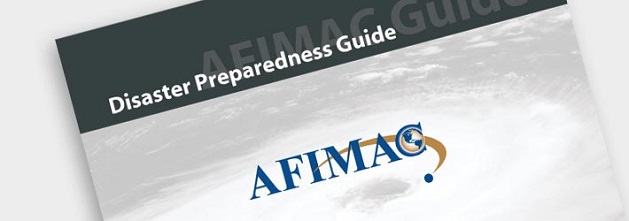
A crisis, by definition, threatens the high-priority of an organization, restricts the time available for response, and surprises decision-makers by its occurrence. A systematic crisis management plan system comprises of human and material resources can minimize crisis damage and facilitate recovery from crisis. Elements of crisis management include an analysis of the threat or emergency, development of alternative responses, decision-making, communication and implementation. A crisis management plan can minimize risk to both individuals and corporate assets.
There is no single prescribed formula appropriate for every type of crisis. A crisis may vary in nature and scope from a major natural disaster to kidnapping and terrorism, with a broad range of emergency situations in between. The crisis management plan gives management a guide to the most efficient and most effective application of resources to resolve the crisis.
In designing your plan, we will distinguish between a normal emergency, which can be managed by management controls and a crisis, which should be managed at the highest levels of the corporation.
For the purpose of the plan, a corporate crisis is an event that poses a profound, global or long-term effect on the company. Such an event is of a severity and magnitude that could result in death, serious bodily harm, or destruction of corporate property and which cannot be managed adequately through facility emergency response plans.
Elements in Corporate Crisis generally include:
• Complexity - For example, responding to an abduction of an employee or other severe emergency may require resources beyond what is available to normal management.
• Broader consequences - For example, an act of terrorism may escalate to a national level and attract widespread media attention.
• Long-term consequences - For example, extortion or product tampering can have a long-term impact on the company's finances, image or governmental relations.
The plan created for use at your company will be applicable, in general terms, to crises wherever they may occur. Nonetheless site-specific plans should be developed at other major corporate locations to provide immediate response. Such plans should be fully consistent and coordinated with the central plan.
The Process of Development
Phase 1 - Information and Intelligence Collection
Two AFIMAC representatives will come to your company's offices to meet with you and other personnel that you designate. From these meetings, we will get essential understanding of the corporate structure, determine the proper composition of your Crisis Management Team, and develop a communication plan.
These discussions will also help us to understand the nature and extent of perceived threats and to identify which emergencies would be considered a crisis.
Phase 2 - AFIMAC Discussions, Planning and Draft Development
Upon return to the AFIMAC offices we will review our notes and materials, and discuss possible approaches. If we feel it would be constructive, we will bring other AFIMAC senior managers with specialized knowledge into these discussions. AFIMAC will prepare a crisis management plan and forward it to you for your review and suggestions. This step will ensure that the final plan is in every way responsive to your needs, and practical in your corporate context.
The draft plan will encompass, for example:
• Notification Procedures and Specific Responsibility.
• Identification of Crisis Management Team Members and Support Staff.
• Crisis Management Team Member's Specific Tasks.
• Agendas for the Crisis Management Team.
• Public Relations Policy and Procedure.
The plan will include specific action guidelines for the potential crises identified during our meetings at the your headquarters, such as:
• Abduction
• Extortion
• Evacuation
• Bomb Threat Management
• Major Natural Disasters
• Hostage Rescue
Phase 3 - Revisions and Final Plan Completion
We will quickly incorporate any suggested revisions and deliver a complete final version of your Crisis Management Plan.
Phase 4 - Plan Presentation and Implementation (Optional, but strongly recommended)
AFIMAC consultants will, at your request, present the plan to your senior executives and members of your Crisis Management Team. We will also conduct practical training for your team, using both scenarios and tabletop exercises and critiques. This is important because although our crisis management plan will be delivered in manual form, much like a software manual, it will probably be implemented under the glare of publicity and considerable pressure. The best way to ensure that everyone handles his or her responsibilities correctly is through live training.
We will also provide you with guidance on how to keep the Crisis Management Plan current.

